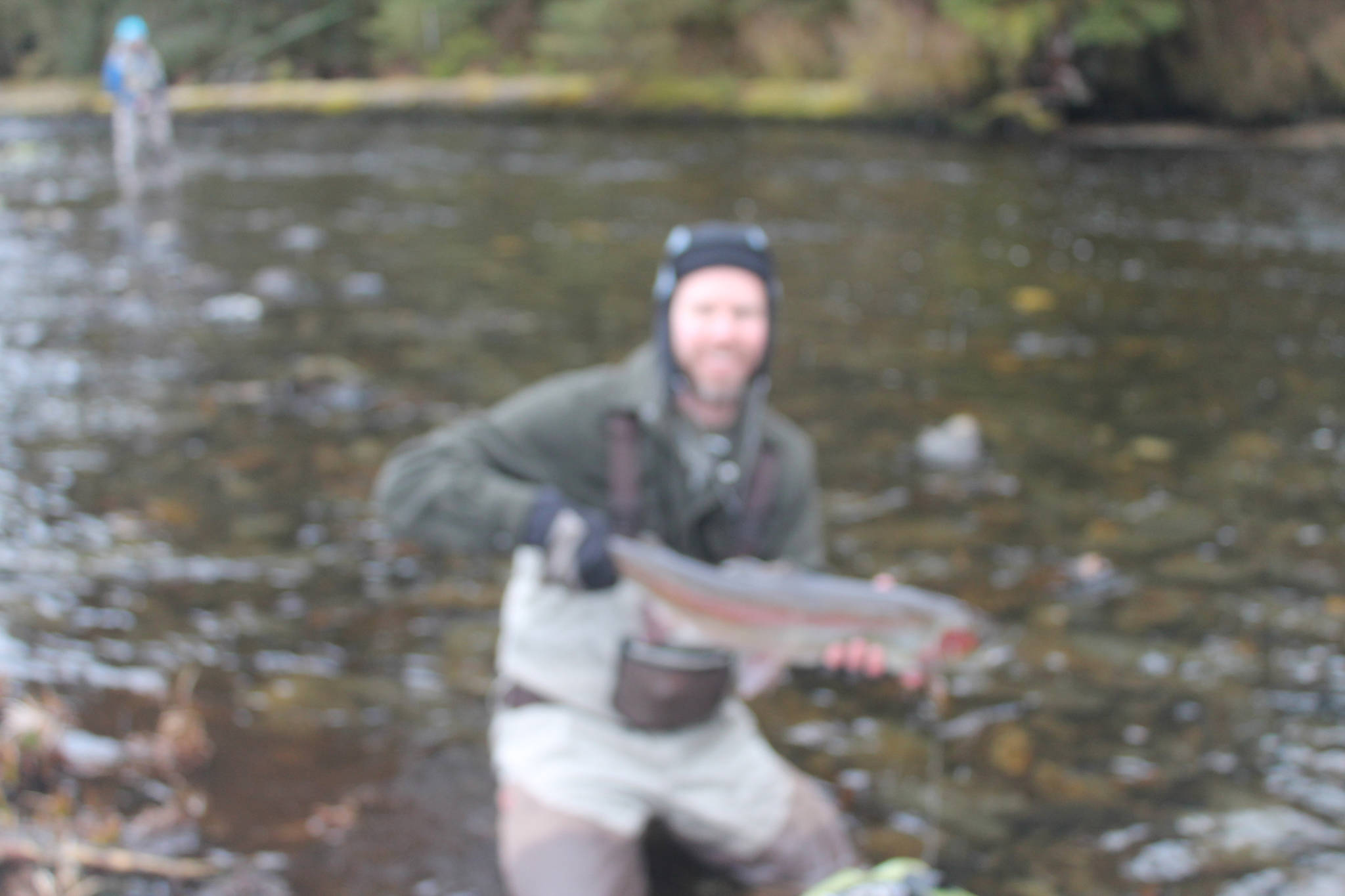Last Friday I stood next to the central waterfall at the World War II Memorial in Washington, D.C. and thought about fly fishing.
Selfish and shallow, right?
I felt it was one of the most reverent things to do because it provided me with ultimate perspective. Had nothing, or not enough, been done to defeat the Axis armies, the memorial would not exist (at least in its current form) and I wouldn’t have time to do things like fly fish, if I even existed at all.
We live at a time and in a country when we have so much free time and so much money, we can spend $700 on a fly rod and go to rivers to catch and release fish. Not everyone can afford a $700 rod, sure, but we do find the money to fly to Seattle for a Seahawk game, buy a skiff, four-wheeler, eat out at restaurants, or spend $5 for coffee drinks over 140 days.
We live in a time in which a blurry photo of the only steelhead of the trip might tempt us to be irrationally upset at the camera or photographer.
Facing the Lincoln memorial, on the opposite end of the Reflecting Pool where Forrest was reunited with Jenny, “Here we mark the price of freedom” is etched in granite.
The freedom to complain about weather, and returns, and broken leader, and other hunters getting to my favorite spot before me. I could go into other things, but this is the outdoor section. I’ll let those used to writing political prose take on that portion of the First Amendment.
Anyway, I like going down these roads once in a while, not to feel bad, but just uncomfortable enough to appreciate things. The trick is not to go too far down said road, because just like going back and wondering how you could have done things differently, that road dead ends in regret or crushing sadness.
I think it’s a good idea to do a little self-check. You know, make sure you have an idea of how things work and fit together. The travesties of life become trivial given a change of context. Also, at some point, you will be confronted or attacked by the perfect argument against how you live or think, so it’s a good idea to be prepared and also know it’s not the end of the world.
As a hunter or angler, the most intense battles come from questions as to why it’s a good idea to kill a harmless deer or put a hole in the mouth of a steelhead then let it go. There are arguments against both, some better than others. Then you can think about how insignificant those problems really are in the scheme of things and how almost fortunate we are to fight these contemporary battles over resources, recreation and how we spend money.
They are important, no doubt, but it’s at that point that a war metaphor seems a little uncomfortable because, you know, fighting for salmon is different than lying about your age to climb into a bomber that will be flying over Nazi Germany.
Right as I was thinking about whether or not I would have been a courageous defender of freedom (too far along that hypothetical journey) my brother called from across the fountain and I walked over and spent the next few hours with family.
• Jeff Lund is a writer and teacher based in Ketchikan. “I Went To The Woods,” a reference to Henry David Thoreau, appears in Outdoors twice a month.

